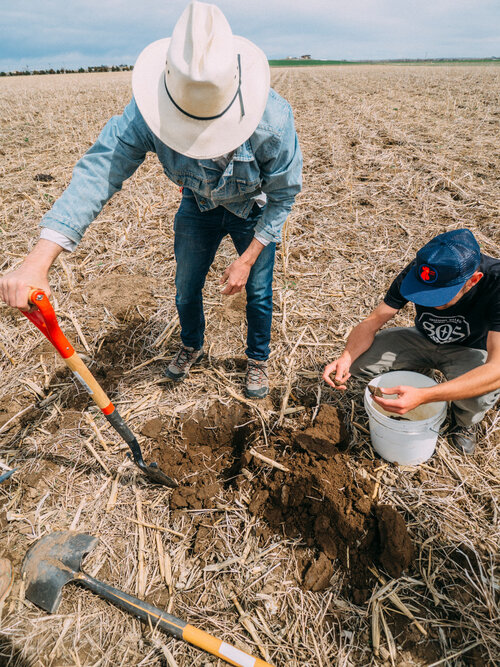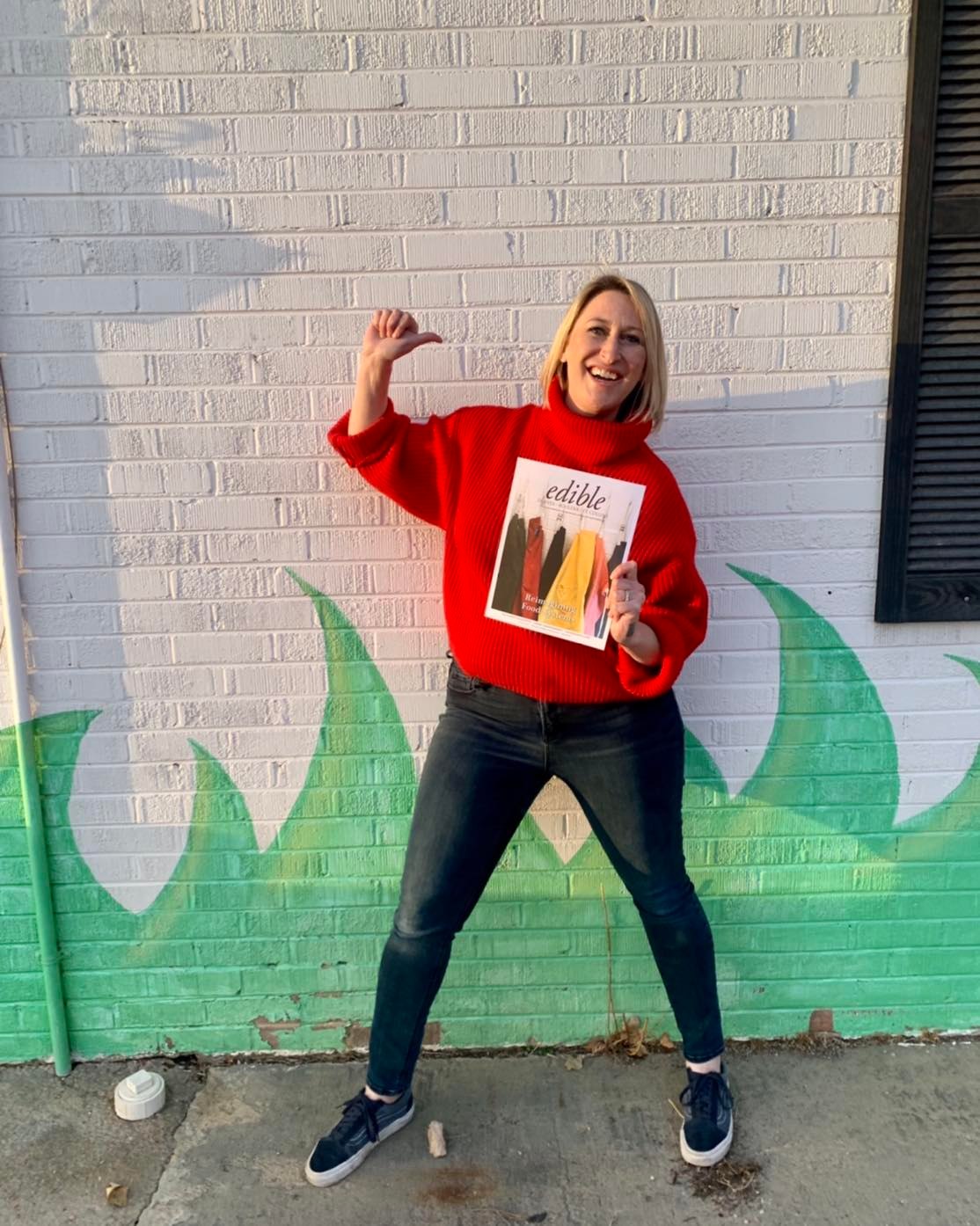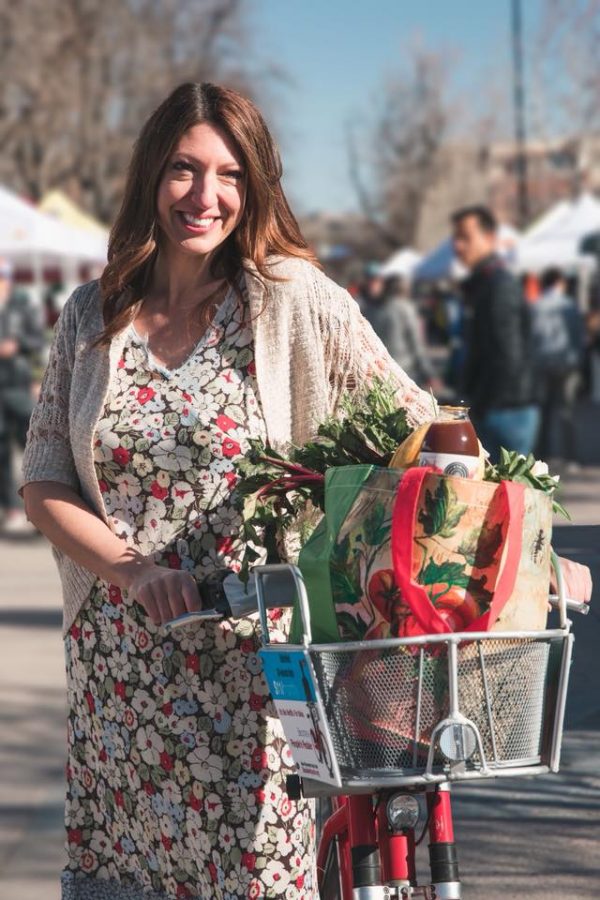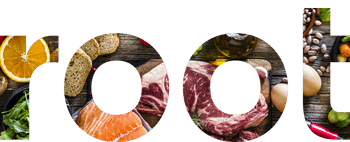Here at ROOT, “the good food agency,” we’ve been passionately supporting good food since 2001.
We’re always on the lookout for new programs, public campaigns, partnerships, and community initiatives that advance local food systems, support growers and producers, and prioritize regenerative agriculture.
There’s seemingly always plenty of bad news out there, but there are also many “good people doing good things” (as we like to say!) Here are some of the efforts happening right now that are giving us hope for the future:

Corporations Investing in Regenerative Agriculture
While individual choices can make a big difference when combined, corporations can single-handedly make huge headway in helping repair and regenerate our planet. In 2021, the world’s largest retailer, Walmart, took on regenerative farming, aiming to help suppliers and their partners “transition to a more sustainable and regenerative future in agricultural production.” Walmart and its subsidiary Sam’s Club pledged to “manage or restore at least 50 million acres of land” related to ecosystems that produce food and other consumer products by 2030 and spearhead an industry move toward “a more regenerative agricultural system.” The program is part of its ambitious sustainability initiative called Project Gigaton, which is aimed at reducing one gigaton of greenhouse gas emissions from its supply chain by 2030.
Meanwhile, General Mills, the largest provider of natural and organic packaged foods in the U.S., also announced in 2021 that they would convert one million acres of land to regenerative agricultural practices by 2030 (25-35% of its global footprint). According to the General Mills Chief Sustainability and Global Impact Officer, “We believe regenerative agriculture is the most promising solution to reach our climate goals and create positive planet outcomes, and we’re committed to further advancing this work.”
Net Zero x Netflix
The past few years have seen a number of groundbreaking documentaries and special series that highlight the challenges and solutions of our local food systems. A few of our favorites include:

The Wild
Follow-up to 2014’s ‘The Breach’ documentary, The Wild outlines the ongoing struggle in Bristol Bay to preserve the wild salmon fishing industry. Newly into addiction recovery, an urgent threat emerges to spur filmmaker, Mark Titus back to the Alaskan wilderness – where the people of Bristol Bay and the world’s last intact wild salmon runs face devastation if a massive copper mine is constructed. Info, related documentaries, podcast and more here.
Kiss the Ground
Kiss the Ground reveals that, by regenerating the world’s soils, we can completely and rapidly stabilize Earth’s climate, restore lost ecosystems and create abundant food supplies. The film artfully illustrates how, by drawing down atmospheric carbon, soil is the missing piece of the climate puzzle.
ROOTED
ROOTED follows the story of Germaine Jenkins, a rising star activist and urban farmer in Charleston, South Carolina. Germaine’s 5-year quest to gain ownership of the 0.8 acre parcel of land she calls Fresh Future Farm represents more than her struggle to grow healthy food to combat the toxic diet in her food desert community; as a present-day kind of sharecropper, it mirrors the historic struggle of the Black community in a predominantly white system.
Follow the Food
This BBC three-series program examines the biggest pressures on the world food system – from soil loss to malnutrition – and the solutions to overcome them. Topics include food waste, seed catalogs, urban farming, and modified proteins.
The Rise and Fall – and Rise of Food-Focused Outlets
Some of our very favorite media outlets, which also happen to be the ones where our clients shine the most, are the outlets that dig deep into how, why and what we eat. As such, we were heartbroken when The Counter, “fearless food journalism,” announced in April that they would cease publication May 20.
While this means some stories of producers, farmers, eaters and advocates will go untold, there are so many like-minded outlets who tell stories that inspire us everyday. Civil Eats, the Edible communities and their magazines, Food + Tech Connect, the Regenerative Rising podcast, and Farm Flavor – to name just a few – are all worthy of signing up for their newsletters, reading their stories and following them as they promote critical thought about our food landscape.

Oldie but Goodie – National Farmers Market Week (in 2022: Aug 7-13)

One of our favorite “national holidays” is National Farmers Market Week, observed by the United States Department of Agriculture (USDA) every year since 1999. Farmers markets provide Americans with access to healthy foods, serve as significant outlets for small-to-medium farms, benefit low-income persons via WIC programs, and contribute to a “fair, competitive, distributed and resilient food system.”
As former Boulder County Farmers Market (BCFM) Executive Director Brian Coppom penned in this op-ed for 5280 Magazine, without farmers markets, the food system is at risk: “Farmers will be forced to move into other industries, and the profession will become less appealing to new generations. Then, we will all have no choice but to depend even more on an anonymous, industrial food system with fewer choices and less access to high-quality nutritious products. In the event of emergencies like we’ve seen this year, we may not have access to high-quality food at all.”
At ROOT, we celebrate farmers markets all year long (we support the producer-only BCFM, who also have an online market year-round,) and we’re happy that farmers markets lovers can come together every year in August to celebrate these important marketplaces.
Creating and supporting better food systems that are healthier for the planet and for people sometimes feels like an uphill battle. We’re grateful to all the initiatives, writers and outlets, holidays, and community efforts that are making a difference and giving us hope for the future. We’re proud to work with clients that share these values and goals, and together, we’re making progress towards a more equitable, accessible and sustainable food system. Contact us to talk about being part of the good food good news.





